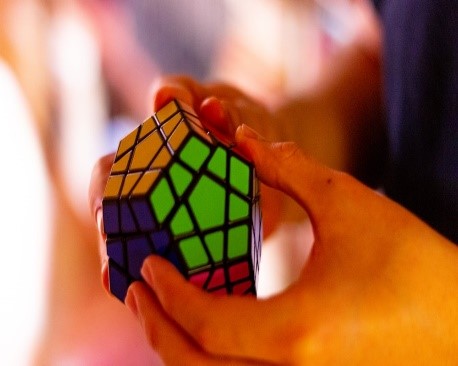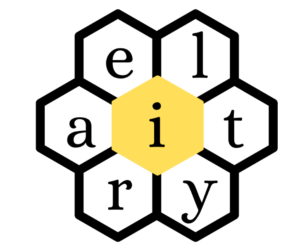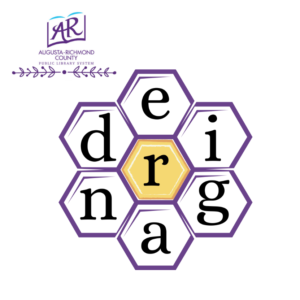During the pandemic, I learned a few new things about myself as well as understanding anxiety. As much as I love to write, the toll of the constant barrage of information became overwhelming. I am not one to garden or try to make sourdough bread, so I subscribed to an online service to play puzzle games. I was surprised at how much it helped as well as kept my mind active.
A great family activity or solo pastime is the craft of playing puzzles. Whether your puzzle of choice is a 1,000-piece jigsaw, the New York Times Sunday crossword puzzle, a wood brain teaser, or a 3D mechanical puzzle, doesn’t really matter because all puzzles share one key element, they help power your brain.
The popularity of puzzles in the digital age is part of a very long history.
Since ancient worlds were formed, puzzles have existed in differing format since. The Bible mentions riddles, puzzle jugs date to the 1700 BCE in Cyprus, and magic squares were introduced in China around 700 BCE. I still can’t for the life of me figure out a finger puzzle, but I digress.
In 176, John Spilsbury created jigsaw puzzles. Some of the first crosswords puzzles were published in 1913 in newspapers across the countries. The New York Times Crossword is still one of the most popular puzzles to this date. In 1974, the puzzle game went three dimensional with the invention of the Rubik’s Cube.
Puzzles are truly helpful for children, allowing the use of the physical and cognitive brain skills fostered in hand eye coordination. However, are you aware that adult brains also benefit from playing puzzles?
There are seven specific ways that puzzles are good for your brain. So, clear off your coffee table, sharpen your pencils and get ready to boost your mind.
1. Both Sides of Your Brain Get Exercised by Playing Puzzles
Your brain has two hemispheres, the left side contrails analytic and logical thinking while the right side controls the creative aspects. Therefore, people often refer to themselves as left or right brain thinkers. Puzzles offer your brain the opportunity to work both hemispheres simultaneously.
2. Puzzles Can Improve Memory
According to goodnet.com, solving puzzles can strengthen the connections between brain cells which makes puzzle solving great for improving short term memory, especially for those who are home a great deal or retired.
3. Problem-Solving Skills Can Grow by Playing with Puzzles
Critical thinking is highly necessary in any job or function in life.
4. Visual and Spatial Reasoning Can be Improved by Playing Puzzles
According to USA Today, if puzzles are played regularly, an improvement in spatial and visual reasoning can occur but trying to determine how to fir pieces together or words in the allocated spaces.
5. Puzzles Can Enhance Your Mood
Dopamine is a neurotransmitter which monitors and regulates memory, concentration, and, of course, your mood. Puzzles release dopamine when a player has a success in solving a riddle.
6. Stress Levels Are Lowered when you Play a puzzle which can stimulate our brains, but they are also very relaxing.
Since we’re focused on how to solve the puzzle, our minds are only on one task and that encourages our brains to go into a meditative state. Puzzle play can lead to less stress and a better mindset.
7. Your IQ Can Improve
Puzzles can also increase our intelligence quotients through improvements in
memory, concentration and vocabulary. I didn’t believe it, so after only a week of playing a few new, more challenging puzzles, I wanted to check the growth of my IQ. There are free tests at Mensa IQ Challenge | Mensa International. I tried to take one; I don’t think I’m going to get an invitation from the Mensa Society.
One of my favorite types of puzzles are pangrams. The goal is to make as many words as four letters or more using the center tiles. A word which uses all the letters is a pangram. There are actually 392 words that can be made from these 7 letters.
The pangrams which can come from these letters are: AERIALITY, ALTERITY, arterially, artillery, illiterately, irately, irreality, laterality, literality, literally, literarily, literary, literately, reality, tearily, trilaterally.
I created a list of I and L words….
iller
illiterate
illiterately pangram
illy
irate
irately perfect pangram
irater
irreality pangram
irritate
iterate
itty
lair
lariat
late
lately
later
lateral
laterality pangram
laterally
latte
latter
layer
layette
lear
learier
leary
Several studies, like one conducted by the University of Michigan, state the puzzle play, may help slow down the decline of cognitive functions. Other studies have pointed to the benefits of using word and number puzzles to improve cognitive function and help prevent the loss of brainpower. Puzzles help you “use it”—so you don’t “lose it.” Read more here.
Here is one you can try for yourself.



